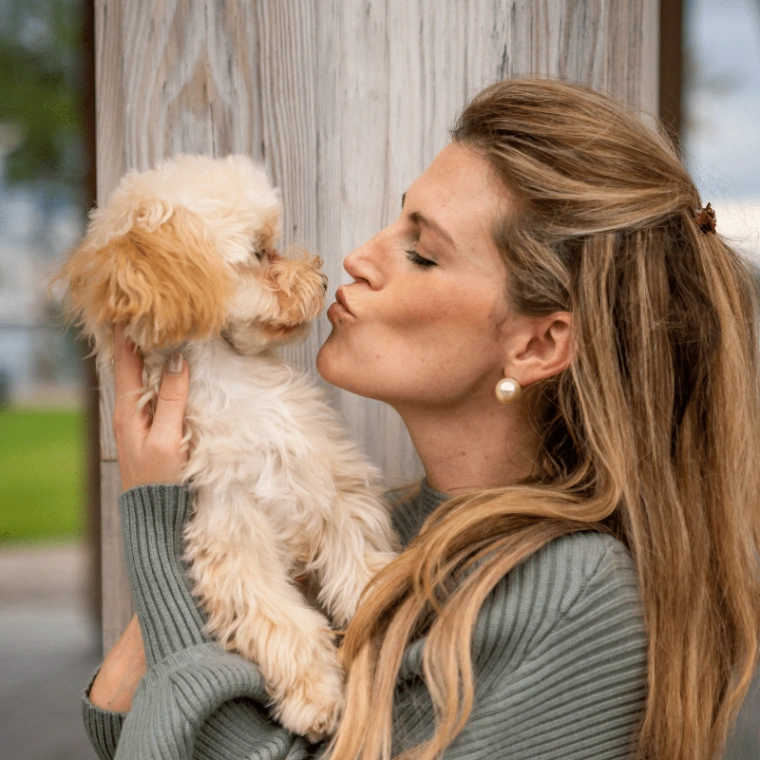When Sarah and her husband finally decided to bring a dog into their lives, they did what most first-time owners do: researched, picked out toys, bought a crate, and booked their first vet visit. What they didn’t fully grasp was how crucial the first few weeks would be in shaping their puppy’s lifelong behavior.
A friend had mentioned something about a “socialization window,” but in the chaos of choosing the right puppy food and finding a credible and affordable vet, it slipped through the cracks.
They brought home Leo, an adorable 13-week-old Golden Retriever. Sweet, cuddly, and curious but already past the peak of what trainers call the critical socialization period, which typically ends around 12 weeks. That’s the short window where puppies are most open to new experiences without fear. It’s when they learn what the world is and what’s safe in it.
Sarah’s in-laws had a Labrador who never quite warmed up to children. At 8 years old, she would still avoid them on walks. It turned out she had never met a child during those key early weeks. Leo hadn’t either.
Determined not to repeat that mistake, Sarah started gently introducing Leo to every stimulation she could think of including traffic noises, cyclists, delivery people, toddlers, men in hats, women with umbrellas, and dogs of all shapes and sizes. The stroller down the street became a training tool; the neighbor’s cat a teaching moment.
It was exhausting. In fact, those first few months felt a lot like having a toddler in the house. There were sleepless nights, teething issues, constant supervision. But day by day, the effort paid off. Leo grew more confident, less reactive, and eager to engage with the world.
Now, Sarah tells every prospective dog owner the same thing: “If your puppy is under 12 weeks, get them out and show them the world. And, importantly, look for a breeder who believes in puppy socialization and has a program for that before you bring the little pup home. It can make all the difference.”
Because raising a well-adjusted dog doesn’t start with obedience classes, it actually starts with giving them the chance to feel safe, curious, and loved in the big, busy world they’re joining as puppies! On Paction,
search for pups raised with socialization programs from reputable breeders.
